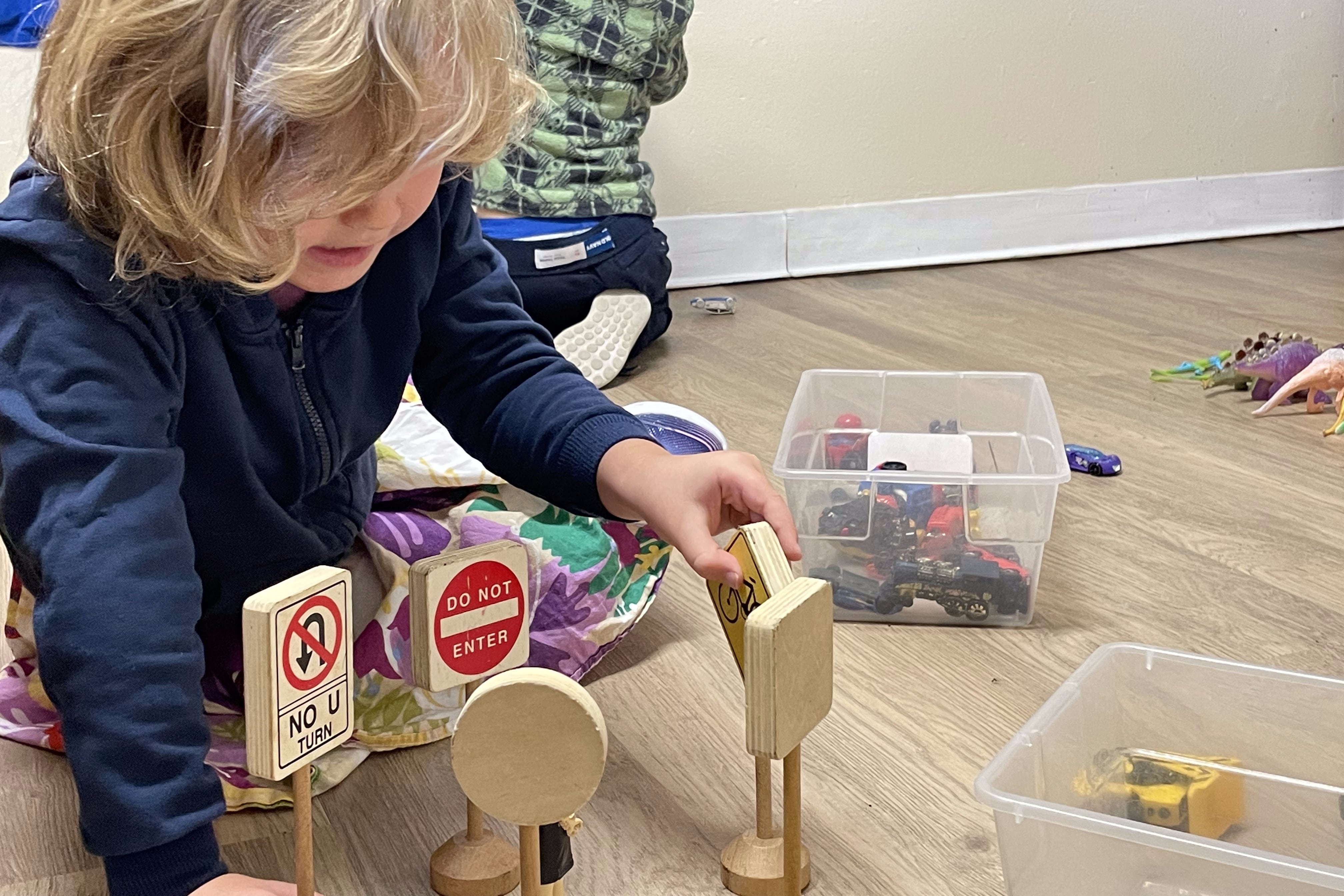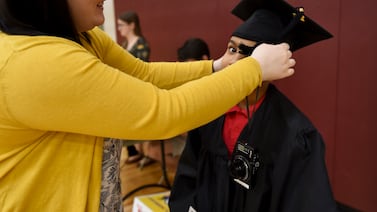About 3,000 more Colorado 4-year-olds will qualify for free full-day classes through the state’s universal preschool program next year under a draft rule that aims to better serve families in the lowest income bracket.
The proposed change would make 4-year-olds from families with incomes at or below the federal poverty level — about $30,000 a year for a family of four — eligible for full-day preschool at no cost to their families starting next August. This year, many children in this group lost out on tuition-free full-day classes because of a state funding shortfall. However, if voters approve Prop II on Election Day, the state would get more than $23 million, which could help cover the extra full-day preschool costs next year.
“This rule would provide crucial support to Colorado’s most vulnerable populations,” said Lisa Roy, executive director of the Colorado Department of Early Childhood, in a press release that cited high-quality preschool as a tool against poverty.
Colorado’s $322 million universal preschool program launched in August and offers free half-day preschool to 4-year-olds statewide, with some eligible for full-day classes. Some 3-year-olds also participate.
The proposed rule, announced Thursday by the early childhood department, represents the state’s effort to fix a key problem that surfaced last summer during the new preschool program’s tumultuous rollout.
State officials originally planned to give full-day preschool to a wide swath of 4-year-olds. That group included children with any of five risk factors, including those from lower-income families — defined as households with earnings up to 270% of the federal poverty level, or about $81,000 a year for a family of four. It also included English learners, children with special education plans, those in foster care, and those who are homeless.
But in July, just weeks before the first day of school, thousands of families were blindsided when they learned the state wouldn’t pay for full-day preschool as they’d expected. More families had applied for the program than state officials expected, triggering stricter eligibility requirements for full-day classes.
The longer days were thus offered to a much smaller group: children from families who met the income threshold and had a second risk factor. A group of school districts cited this 11th-hour shift among several grievances in their subsequent lawsuit against the state over universal preschool.
The tighter eligibility rules meant many children with only a single risk factor, including many from very low-income families, were out of luck. In some cases, school districts decided to cover the cost of the extra hours. In others, parents scraped together the money to pay the difference, settled for the free half-day program, or dropped out altogether.
The proposed rule is designed to more carefully target children with the greatest needs, a population that research shows stands to benefit the most from quality preschool.
The rule creates a sixth risk factor — “living in poverty” — that includes any preschooler from a family living at or below the federal poverty level. These children will then automatically fall into the more expansive “low-income” risk factor group, which includes all low and some middle-income families. Together, the two risk factors will make children eligible for full-day classes.
About 3,600 or 7% of Colorado’s more than 48,000 universal preschoolers are getting tuition-free full-day classes this year. That number could jump to about 6,600 next year under the proposed rule, according to state estimates.
With funding for universal preschool partly dependent on how much money the state’s nicotine tax brings in and how many children opt in, there’s still a chance the state could face a funding pinch in future years and limit the number of children who get full-day preschool at no cost to their families. However, the proposed rule would give children from the lowest-income families higher priority for full-day funding than they get now.
In addition, state forecasts on preschool participation and funding for next year indicate there’s enough money to serve the additional 3,000 4-year-olds expected to qualify for full-day classes.
State officials are collecting public comment on the proposed rule at least through Nov. 22, and expect to finalize it by the end of January.
Correction: Due to incorrect information provided by the Colorado Department of Early Childhood, an earlier version of this story incorrectly stated the number of children enrolled in universal preschool this year. It is more than 48,000 not 37,000. It also incorrectly stated the percentage of universal preschoolers who get full-day preschool this year. It is 7% not 10%.
Ann Schimke is a senior reporter at Chalkbeat, covering early childhood issues and early literacy. Contact Ann at aschimke@chalkbeat.org.







